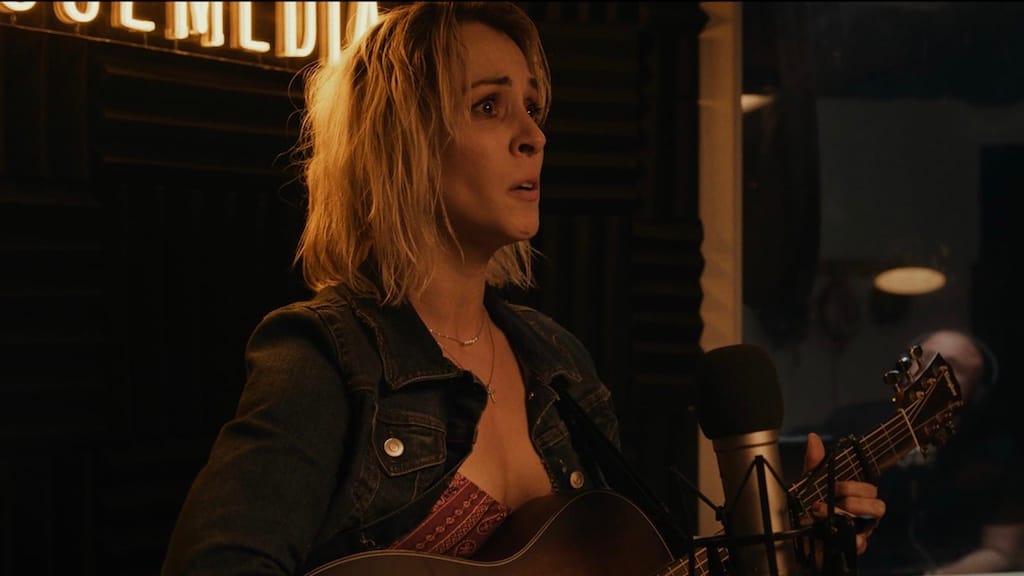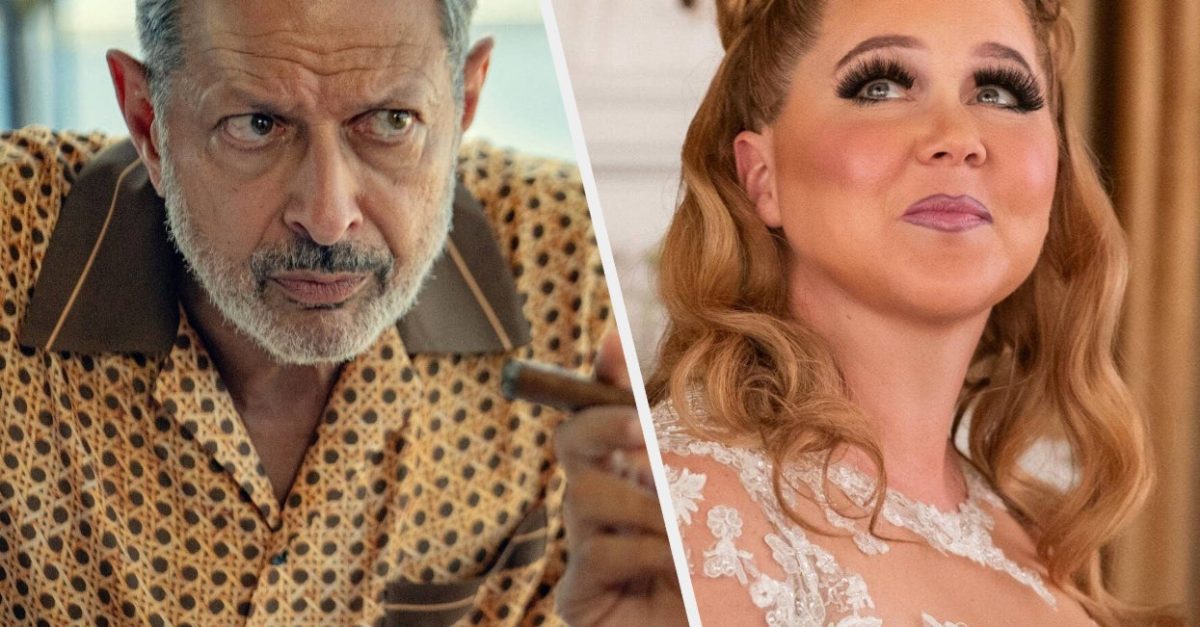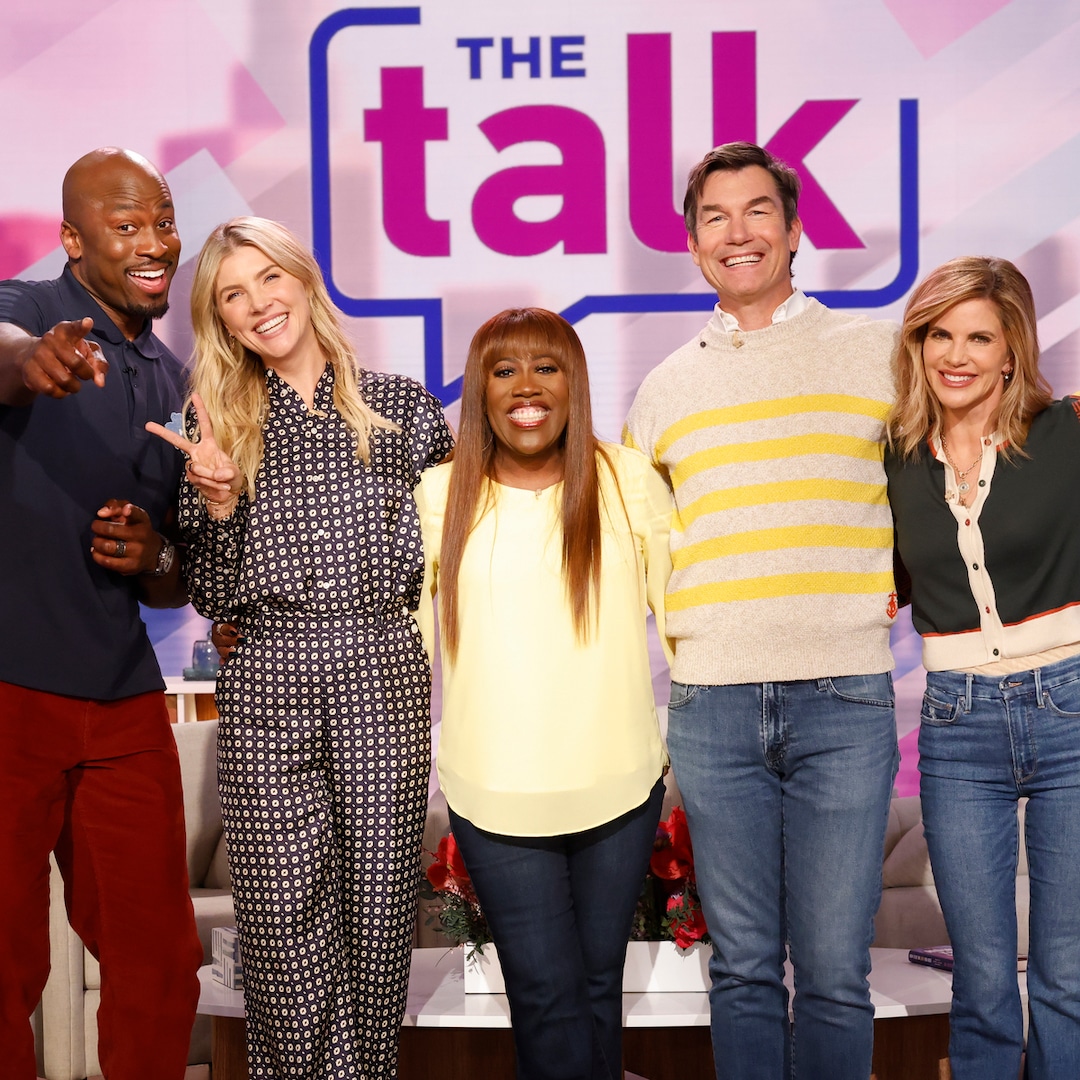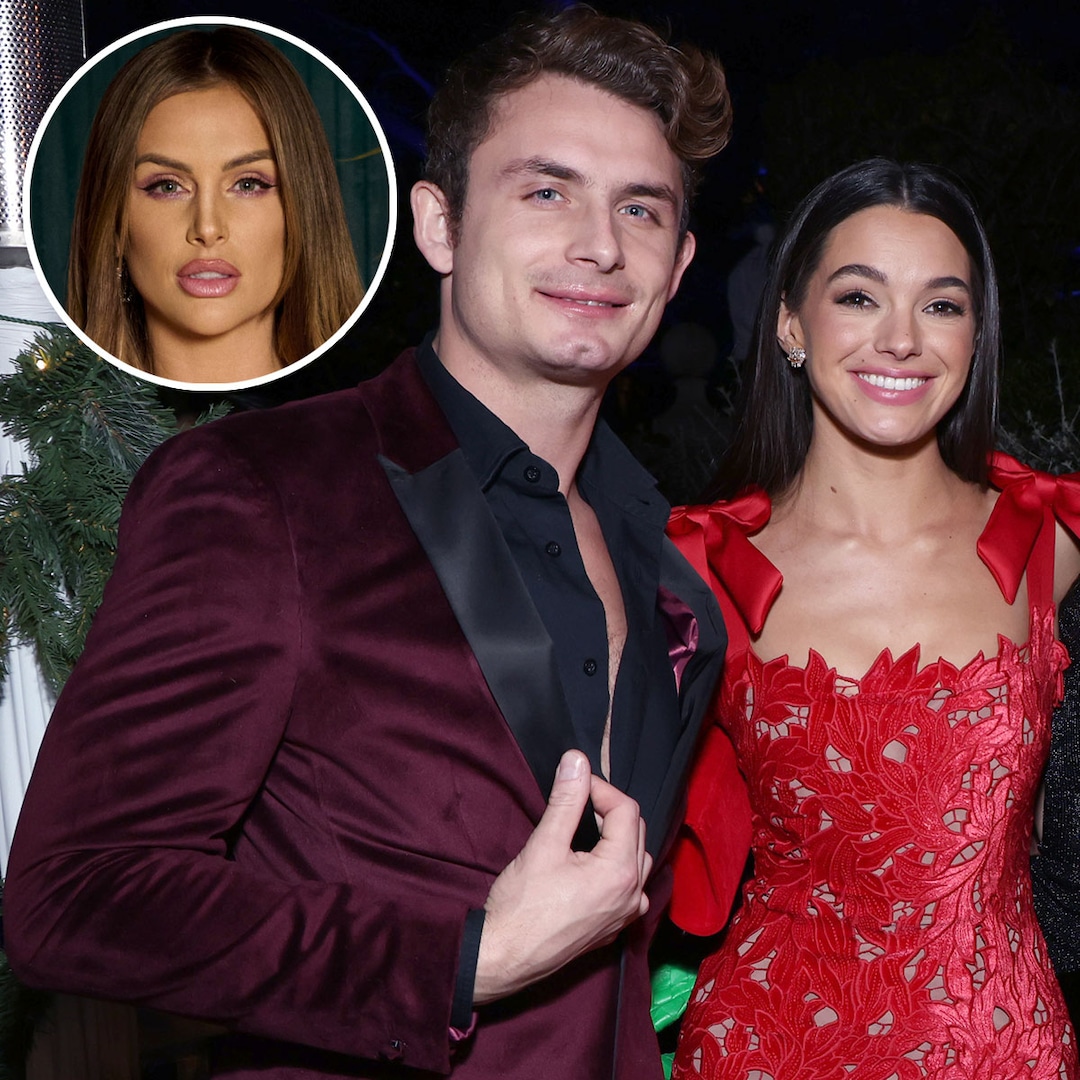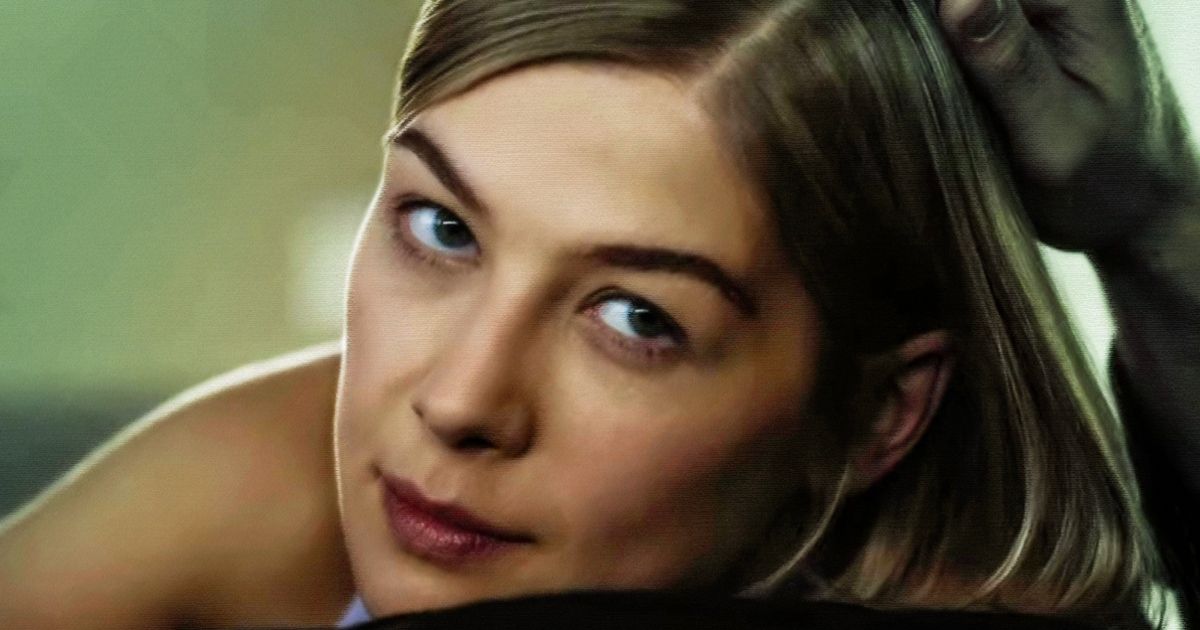
The Tales of Female Fury
Dec 23, 2022
Female rage is all the rage, it seems, with films increasingly rejecting portrayals of “good”, demure women for those of unapologetically vindictive ones. At times the portrayals of these femme fatales come from the radicalization of once reticent and obedient women, driven to near madness, as one questions if this madness may be, in fact, liberation. This sort of character has come to dominate a subgenre of its own, aptly referred to as “good for her” movies; but should we be rooting for these characters? Are they hyperbolic representations of what female frustration may manifest into when not given proper outlets and remedy, or are they narcissistic narratives representing a relatively privileged class of women?
MOVIEWEB VIDEO OF THE DAY
Female Rage and Vengeance as a Genre
Regency Enterprises
It’s hard not to root for Amy Dunne up to a certain point. Granted, she starts to lose even some of her most emphatic support when she turns to cold-blooded murder, but the “cool girl” monologue tells more than a few hard truths. For a female audience that has long suffered under the yoke of patriarchal disadvantage, it is easy to share in Amy’s indignation at having sacrificed so much for a man who gives her his resentment rather than his gratitude. Gone Girl desperately asks: how could he cheat on her after draining her trust fund, halting her career, and altering the course of her entire life? “That’s murder, let the punishment fit the crime”, Amy declares, and for an instant the audience can nearly forget that her punishment is one of the most unhinged plots in film history. Good for her, one may think, as many do with these sorts of films. Women are wronged, and they subsequently, and rightfully so, demand an eye for an eye: such is the formula for movies built on female retribution. Nuanced critiques of these characters, and the larger populations they represent, may be well woven into the character and yet entirely lost on an audience that is swept up in the thrall of their deepest and darkest frustrations being acknowledged on screen.
Amy Dunne is not a good person. Any reasonable viewer can admit she is unhinged and dangerously manipulative. Despite this, there is a forbidden allure to this representation of womanhood that is such a far cry from the nice young ladies that girls are taught to become. It’s refreshing in its absurdity and unapologetic insanity. If men can release their frustration through a video game in which they fell a thousand enemies in a flurry of violence, and have this outlet be socially acceptable, then maybe women can let out their frustrations in watching a maniacal version of themselves serving as judge and jury on behalf of women.
On that note, many of the “good for her” characters are objectively no such champions of women. In continuation of our analysis of Amy Dunne, she is an undeniably narcissistic figure who is out to avenge herself alone, not to serve as an avenger of womankind. In her efforts to fake a pregnancy, she feigns a supportive and tender relationship with a pregnant neighbor, explaining how it is a means to collect the urine of said “pregnant idiot”. “Spreading your legs” is not hard, Amy feels, but faking a pregnancy sure is. Amy has a distinct distaste for women who she perceives as happily obliging to the roles expected of women as wives and mothers, a decidedly anti-feminist sentiment when much of modern feminism emphasizes choice. Amy’s outrage at her husband’s infidelity, which drives her to calculated madness, is itself a manifestation of her own internalized misogyny.
She thought she had broken the mold by being an independent, intelligent, working, childless woman. She should be exempt from the humiliations inflicted on women that men perceive as disposable, because she is better than that; and yet she is not exempt. She is cast aside and unappreciated as coldly as what she expects is warranted for far less interesting and far less intelligent women. Her actions are driven less by genuine heartbreak about losing a lover, and more by an unwillingness to accept that even she is not immune to the sufferings of womanhood.
Jennifer’s Body and the Me Too Movement
20th Century Studios
Another such film that portrays female fury is Jennifer’s Body, the newfound popularity of which is very telling in terms of the growing fan base for the “good for her” genre. Upon its release, Jennifer’s Body was fully a flop. A decade after its release, however, the film reemerged into the public consciousness with fresh support. For one, the comedy of the film became more appreciated, with new fans acknowledging that the humor of the script likely went over people’s heads in 2009. The film certainly was ahead of its time, although it’s doubtful that even creator Diablo Cody foresaw the day that audiences would openly root for Jennifer.
In the era after Me Too, however, women that were now more open than ever before about their abuse felt seen and vindicated by the character of Jennifer. She did terrible things, yes, but she was driven to this after a brutal murder at the hands of men that were incredibly sexist, among other things. Modern audiences see that Jennifer was just a young girl who was persistently objectified until that objectification ultimately stole her life. The undead young girl was now judge and jury against the sex that wronged her. She acted with impunity, as many men before her had. Unlike Amy Dunne, however, Jennifer Check is much more blatantly pro-girl. She is still an admittedly selfish and flawed person, but she seems to have a much stronger sense of solidarity with women, or at the very least against men.
Hapless Victims
Lionsgate Films
Contrastingly, some of these films feature female characters that are objectively hapless victims at the start of the plot, but who manage to turn the tables and come out on top in the end without sacrificing their own integrity. One such film is Knives Out, in which Ana De Armas plays Marta, a kind and hard-working nurse caught in a web of deceit and trickery as her employer, Harlan Thrombey, is murdered in his own home— and on her watch. The movie unfolds as the greed and duplicitousness of the Thrombey family is made evident, who are blatantly more concerned with their inheritance than with achieving justice. Throughout the film’s dialogue, tension increasingly builds around the topic of Marta’s ethnicity and speculation on her family’s immigration status. As Harlan’s dastardly grandson, Ransom, is ultimately revealed as the killer, Marta takes her place as Harlan’s sole heir. In a powerful final scene, Marta peers over the balcony as the Thrombey family looks up at her from the grounds below, firmly clutching a mug that reads “My house, My rules”.
Marta’s character arc is similar to that of Samara Weaving’s Grace Le Domas in Ready or Not, a happy young bride whose wedding night turns into a nightmare. After surviving a difficult childhood, Grace is thrilled to be marrying and creating a family of her own. Her dreams die within the day they are born, as her in-laws subject her to a cruel and unusual game of hide and seek. The game is revealed to be part of a pact with a demonic figure named Le Bail in exchange for the endurance of the family wealth. On the other hand, if they fail to complete their end of the bargain by sunrise, it is not only their money they will lose but also their lives. Grace ultimately escapes the sacrificial death the family intended for her, with the entire Le Domas family literally exploding before her at sunrise. She walks out of the burning mansion, bloody from head to toe as she smokes a cigarette in her now tattered and dingy wedding gown. Good for her, one may say.
Whether the leading ladies of these films are objectively good or objectively bad people, they share the common theme of breaking the mold and achieving personal justice in one sense or another, whether within reason or not. One notable exception may be Dani in Midsommar. While the film is largely regarded as a “good for her” ending, Dani’s boyfriend did not subject her to any abuse or acutely nasty treatment before she chooses him for sacrifice and smiles at the flames that consume him. He wasn’t a likable guy, but feeding him to the jaws of a blood thirsty cult seems a bit of a harsh punishment. Nevertheless, audiences inexplicably root for Dani. Is the “good for her genre” a gateway to condoning violence more and more readily?
Related: Best Slasher Films with Women Killers, Ranked
A common theme in these “good for her” films is that the women at the center of them are often well-to-do women with vast resources at their disposal. This is not always the case, as Grace in Ready or Not was a former foster child, and Marta in Knives Out is presumed to be a Latin American immigrant. Jennifer Check was a child and murder victim. For the most part, however, these films do seem to promote the vigilante justice of largely privileged women who simply did not get their way. Amy Dunne is weaving an unbelievable web of not only lies but seriously reprehensible crimes because her husband cheated on her. He also is not the only one who suffers at her hands. Her justice is worth more to her than other people’s friendship, trust, and even lives. This points to an inflated ego and self-appraisal in which her own happiness is of paramount importance. It is an objectively privileged position she stands in, acting out in the anger of someone not used to not getting their way. So too is the case with the titular character of the 2022 film Pearl. Pearl’s life isn’t perfect, but she isn’t in the worst of positions either.
Regardless, she is so convinced that she is too good for any of it and destined to be a star, that this self-serving delusion drives her to devalue human life and the impact her actions have on others. Pearl is not a victim; she is entitled. The same can be said of Midsommar’s Dani. The untimely demise of her family is a tragic thing for sure, but this does not mean that her boyfriend owes her a continued relationship that he no longer wants. She ultimately relishes in his death, out of sheer entitlement that her personal and unrelated sufferings should be assuaged with his love and loyalty.
This begs the question of how different these films would be if the main characters didn’t stand in a rather favorable position in society. Marginalized groups of women have long been accustomed to a range of injustices on top of the garden variety sexism that all women are subject to, yet these women are not granted the luxury of succumbing to unhinged plots while remaining likable. In fact, venture to imagine Amy Dunne as an ethnic minority who was not born of wealthy parents. It is entirely likely that her entire scheme would have failed simply on account of the media not giving her story much importance. One would be remiss to deny that certain racial and socioeconomic privileges allow the female leads of “good for her” films to garner support while committing wrongdoings, often in the name of mere dissatisfaction. When taking into account the privileged foundation on which many of these stories stand, they can arguably be seen as a promotion of dangerously selfish notions of what it means to be treated fairly and come into one’s power.
Related: Best Movies About Women Serial Killers
Why These Films Matter
Discourse on the “good for her” genre is important. Whether you love them or hate them, there are valid points to be made on either side. At the end of the day, regardless of how one may evaluate them, these films do matter. As a male-dominated industry, the film industry has long toyed with a number of controversial male stories and characters with relative freedom. Villainous yet nuanced male characters have long been able to garner fanbases in spite of their glaring flaws. In fact, the film industry has long been a force in establishing what is and isn’t acceptable in entertainment, allowing projects to shape the culture rather than vice versa. In an era where women’s stories are told with greater dimension than ever before, it is important to allow stories centered on women to evolve and explore various extremes in full range in the pursuit of an artistic exploration of female power. The expansion of the “good for her” genre serves as a sort of stream of consciousness as both filmmakers and audiences explore the many facets of the female experience and the feelings that living it induces.
Publisher: Source link
TV Shows That Got Canceled In 2024
TV Shows That Got Canceled In 2024 Which 2024 canceled TV show will you miss the most? Share your pick in the comments! Disclaimer: This story is auto-aggregated by a computer program and has not been created or edited by…
Dec 22, 2024
How The Talk Emotionally Ended After 15 Years
The Talk has officially said "Goodbye." After 15 seasons and 2,993 episodes, the CBS daytime show came to an end on Dec. 20 with a heartfelt farewell from hosts Akbar Gbajabiamila, Amanda Kloots, Natalie Morales, Jerry O'Connell and Sheryl Underwood. The episode began with a standing ovation for the…
Dec 22, 2024
Jennifer Lopez Asked About Turning 60, Age
Jennifer Lopez Asked About Turning 60, Age Never ask a woman her age, a man his salary, or Jennifer Lopez how she feels about turning 60. On Sunday, the actor was interviewed by Variety amid the release of her new…
Dec 21, 2024
Lala Kent Shares Text With Ally Lewber After James Kennedy’s Arrest
The BCU (Bravo Cinematic Universe) was shaken on March 3, 2023, when it was confirmed that Tom and Ariana had ended their nine-year relationship amid the revelation that he'd had a seven-month affair with Raquel. "I made mistakes, I was…
Dec 21, 2024



